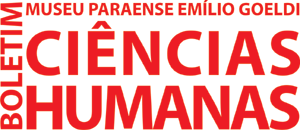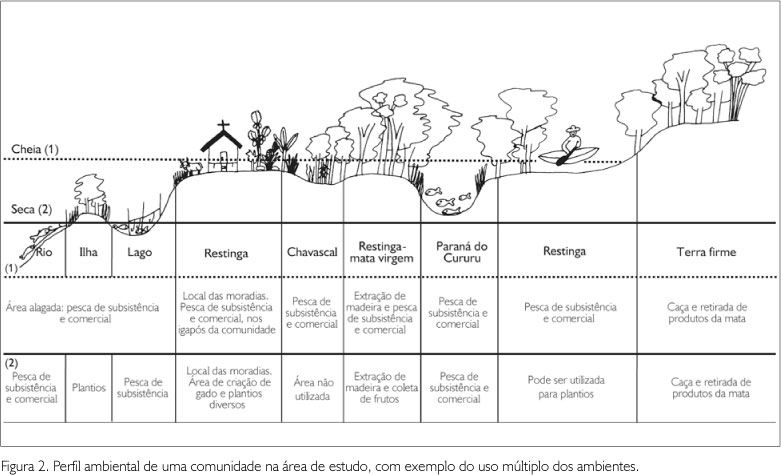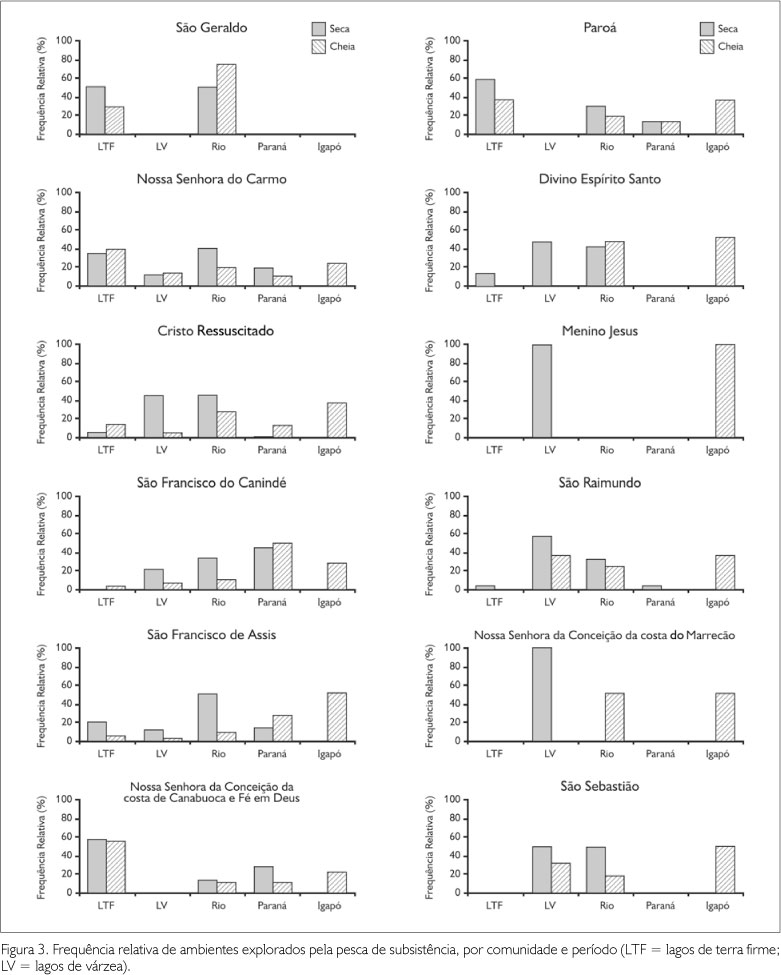Flooding areas present high biological productivity and are inhabited by populations that practice agriculture-fishing activities, based on the multiple use of resources. The economicity of the system leads the riverines to territorial appropriation and the common dependence of the resources leads to the establishment of internal agreements, defining criteria of access and intensity of extraction. This study, through 244 interviews with fishermen and meetings at 16 communities of Low Solimões River, identified factors that influence on the magnitude and purpose of the fisheries, especially at common use fishing spots, describing appropriation mechanisms and conflicts. The studied area comprehends two systems of terra firme and one of flooding lakes. For subsistence and commercial fisheries was estimated the area, extension, and frequency of use for period of the year (dry/flood). Each community explored the fishing environments depending on the proximity and/or accessibility, revealing uses inside its territorial delimitations, with superposing on that explored for subsistence and commercial means. There are conflicts with commercial and sporting fisheries, fishermen out from the region and farmers. Prohibitions or access control don't exist to the igapós systems, but informal rules regulating the use. Three sceneries are proposed for the integrated management of the systems in the area, due to the diversity of environments and interests of the involved groups.
Riverine communities; Territoriality; Fishing agreements; Management; Manacapuru; Solimões River









